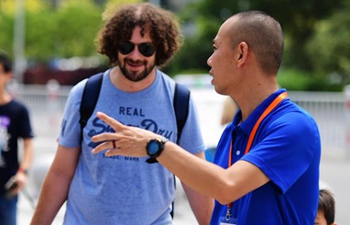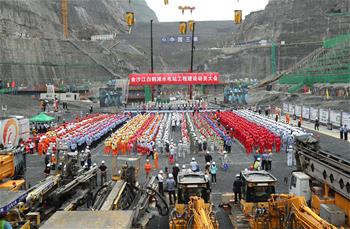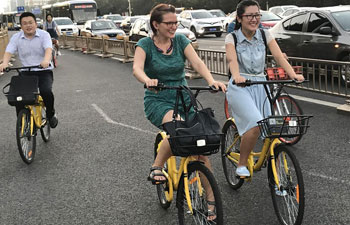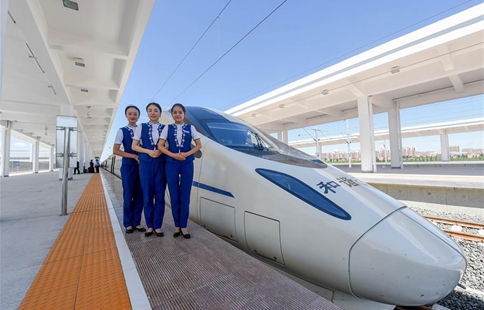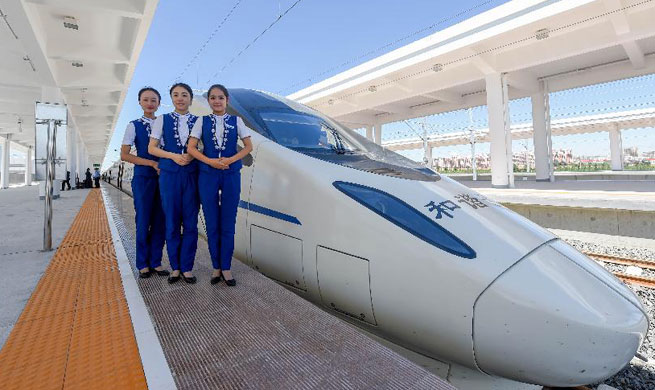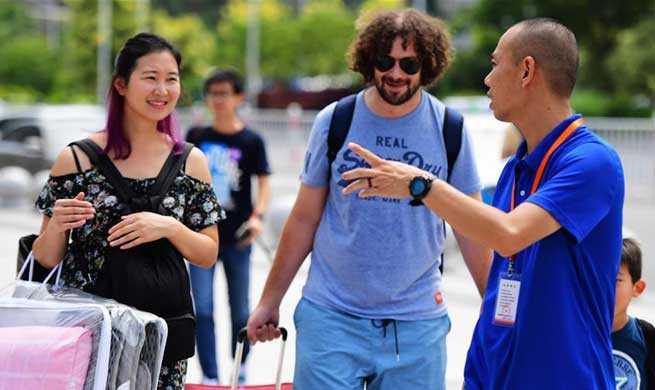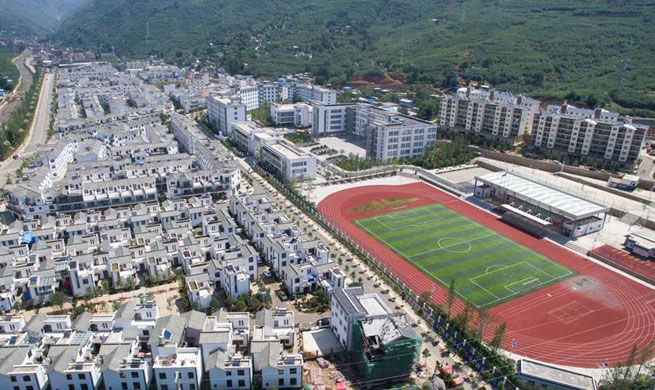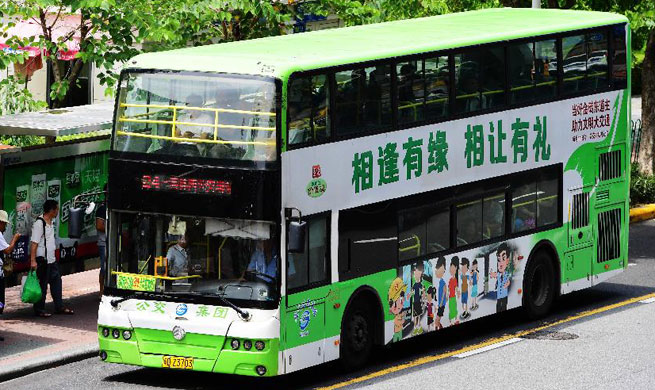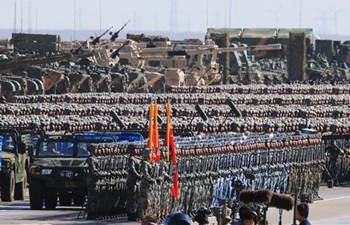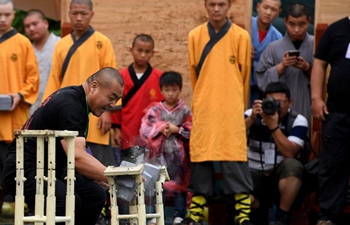by Eric J. Lyman
ROME, Aug. 3 (Xinhua) -- The newly-elected head of the Rome-based International Fund for Agricultural Development (IFAD) Gilbert Houngbo said in an exclusive interview with Xinhua that China's success in raising millions out of poverty over the last two generations can make it a useful model for other economies in transition.
"Even as a symbol, China's economic transition offers hope to other developing countries that want to do the same thing," the IFAD chief said in the interview.
"In specific terms, there are lessons China has learned, technologies developed, for example, or ways to adapt to floods or drought, that can be very helpful when applied in other places," said Houngbo, who's a former prime minister of Togo.
"China experiences many of the challenging issues faced by both developed and developing countries," Houngbo said.
He cited China's urbanization process as an example, saying the "tremendous economic growth" China experienced in recent decades presents it with an unusual set of difficulties, such as large numbers of would-be farmers leaving the countryside for urban areas. Over time, a trend like that reduces the number of people left to grow food.
"There are 3 million or more Chinese who move into cities every year," Houngbo said, adding "That's an astonishing number: every three years or so, it adds up to more than the entire population of my native country, Togo."
The IFAD chief gave his own advices on China's urbanization, calling for more infrastructure building for people living rural areas.
"The best way to solve that specific problem is to provide social protection and services like fast internet or access to medical care outside urban centers to act as an incentive for people to stay in rural regions," Houngbo said.
Houngbo is on a multiple-country trip, which will take him to African countries like Botswana and Zambia. He will also make stops in Sweden, Denmark and Finland, before finishing the month with a trip to China.
The China trip is a key one, Houngbo told Xinhua, noting that the country is one of a small handful in the world that is both a major borrower from IFAD and a major contributor.
Having 176 members, IFAD has been working to combat poverty and malnutrition in developing countries through agriculture assistance.
Faced with the challenges of helping the world's poor-fed population, the organization's 10th three-year budget period concludes at the end of next year, forcing it to gear up its fund-raising efforts for a new budget period.
And the final year of each budget period is the key year when countries are making their pledges for the next three-year cycle.
The IFAD chief also warned of an upcoming more difficult time for farmers, citing rising temperatures and unpredictable weather patterns as reasons.
Houngbo, 56, previously worked for the United Nations Development Program and the International Labor Office, but became the sixth president of the IFAD in April.




